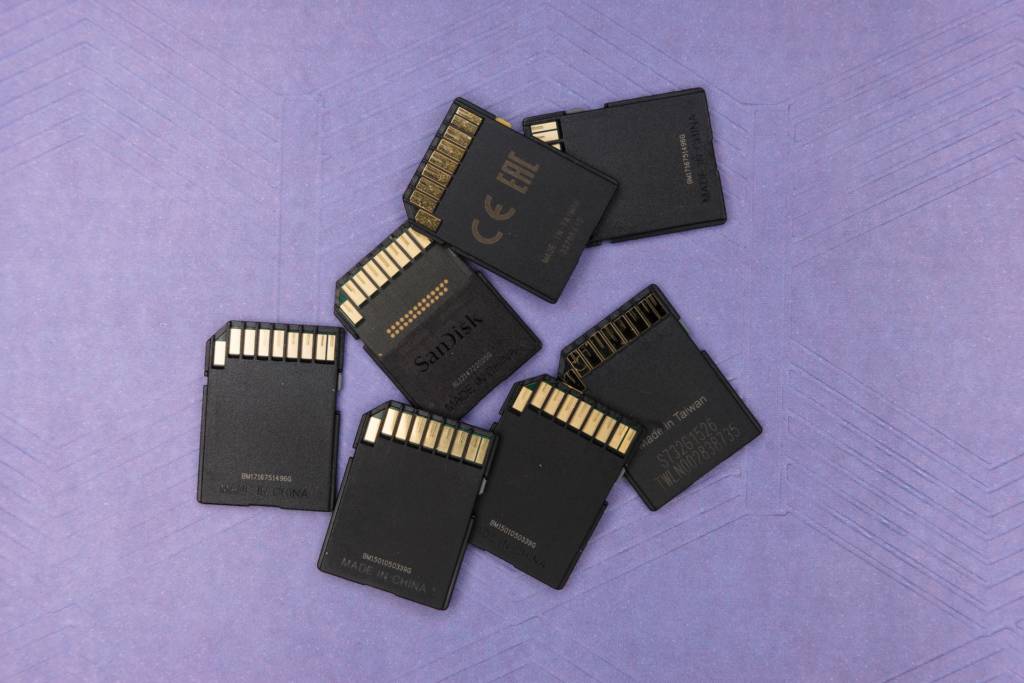India’s digital growth is increasing the need for secure ways to share files online. The country faced one of the biggest cyberattacks in 2023 when hackers got access to personal records of 815 million Indians. This chaotic incident even led to the enactment of the Digital Personal Data Protection Act, 2023. The primary causes of this data theft included weak file encryption methods and a lack of secure document storage platforms in the healthcare sector.
Common users and even businesses still rely on tools like Google Workspace and Dropbox. These file-sharing platforms have multiple limitations that make them vulnerable. These include basic encryption, weak control over who can access or share files, no detailed tracking of file activity, no digital rights management, and limited options to remove access once users share files.
Companies and remote teams in India are now moving to secure online document-sharing platforms. This is where a secure data room comes into play. These data rooms offer advanced protection features and give more control over confidential documents.
Data rooms are trusted solutions to safely handle patient data in healthcare and secure a large number of files in M&As. Virtual data rooms are also a primary data sharing platform for fundraising, IPOs, and corporate restructuring.

Why Traditional Document Sharing Poses Security Risks
Traditional file sharing methods like email or basic cloud storage platforms carry serious security risks, especially when transferring confidential files. The threat intensifies when you are sharing highly sensitive documents. These platforms provide limited control over who can access or download files. Once you share a file publicly, you have no control over who can see or print that document.
Traditional file-sharing tools do not offer detailed audit logs and version control features. The absence of audit logs makes it impossible to track who viewed or edited a document. This lack of transparency makes it harder to detect breaches or errors.
What’s more, sharing sensitive files through email increases the chances of hacking and accidental leaks. Poor file management and the inability to revoke access affect document security.
What Is Secure Document Sharing?
Secure document sharing means safely sending and receiving files using technology that protects the information from being viewed, changed, or hacked by the wrong people. It is more than just uploading and sending a file. It involves setting clear access rules, using encryption to protect data, and keeping track of who opens or edits the document. Important tools used in secure file transfer include:
- End-to-end encryption
- Role-based user permissions
- Two-factor authentication
- Watermarks
- Digital rights management
- Audit logs.
The biggest difference between traditional file storage and secure file transfer platforms is how much control and safety they offer. Platforms like Google Drive and Dropbox are easy to use and good for personal tasks, but they only offer basic sharing and limited tracking. They do not have strong tools to control user activity or protect data.
Secure document exchange tools like a secure online data room are made for situations that require strong security. They allow full tracking of user actions, control over document versions, and the option to remove access quickly. That is why these solutions are ideal for sharing large volumes of sensitive data during dealmaking.
Use Cases for Secure Online Document Sharing in India
1. Legal Proceedings and Compliance Reviews
Legal work and compliance checks in India often involve handling private and important documents such as contracts, case files, and regulatory papers. If these documents are shared using unsecured tools, there is a high risk of data being leaked, changed, or accessed without permission.
Secure platforms like virtual data rooms help solve this problem. They use encryption, permission settings, and activity logs to make sure only the right people can see or edit the files. These features help organizations follow Indian IT laws and tackle international compliance when dealing with foreign parties.
2. IP Protection and Internal Governance
Companies working in research, innovation, or product design need to keep their intellectual property (IP) safe. This includes patents, trade secrets, and confidential business ideas.
Secure file sharing tools offer features like watermarks, access control, and user activity tracking to prevent data theft or misuse. They also help manage internal processes by safely sharing board documents, audit results, and other important internal data.
3. Client Communications and Vendor Management
Industries such as finance, healthcare, and consulting often need to share files with clients and service providers. These files may contain financial data or project details. Using a secure document platform protects this information and helps companies meet industry data protection standards. It also builds trust with clients and partners.
4. M&A Due Diligence
M&A deals are among the most data-sensitive transactions. Multiple parties exchange files and communicate regularly, which raises the risk of data breaches. Due diligence data rooms ensure well-structured access to sensitive documents while offering robust protection features to share files securely and streamline M&A collaboration.
What Features Should a Secure Document Sharing Tool Include?
A secure file sharing tool must have advanced security features. Let’s explore them in more detail.
Permissions and User Roles
A secure file sharing tool must have granular user permissions for highly secure document management. The administration must be able to define access boundaries for other users. That may include who can or cannot access a certain file or a particular section of it. It should also allow imposing restrictions on who can edit, print, or download a file.
Audit Logs
Audit logs are necessary for keeping track of users’ activities on the platform. These logs provide detailed information on who did what and when. It is easy to track data leaks or thefts with the help of audit logs.
Document Access Expiry
The document expiry feature allows the file owner or administrator to set expiration dates or times when they transfer files. For example, you may share a file with someone for only one-time access or the access rights may expire after a certain period.
Download Tracking
A secure data sharing tool must give a detailed record of who downloaded a file and when. It provides details on the user’s IP address, timestamp, and number of downloads. Users often have to provide their email address to download a file, which makes it easy to keep track of downloads.
Encryption
Data encryption is a key component of document security. End-to-end encryption makes sure only the authorized user can decode the file shared.
Secure data room solutions nowadays offer 256-bit SSL/TLS encryption, which uses a 256-bit key for data encryption and decryption when shared between users. It is also one of the strongest forms of data encryption in the world. These data rooms also offer an “encryption at rest” feature, which protects data even when you are not sharing it.
Watermarking
The digital watermarking feature minimizes the chances of copying content. Users can add custom watermarks like names or dates to prevent copyright issues. These watermarks also track all the activities performed on the document.
Two-factor Authorization
The two-factor authentication feature in a secure virtual data room ensures that only legitimate users can access the VDR after going through a two-phase identity check process. The identification phases usually include a password and a one-time generated code shared on the user’s email or mobile number.
Comparing Secure Data Rooms vs. Cloud-Based Sharing Platforms
Traditional File Sharing platforms are way behind secure virtual data rooms due to multiple reasons. Here is a comparison of both.
| Feature | Cloud-Based Sharing Platforms | Virtual Data Rooms (VDRs) |
|---|---|---|
| Security Level | Basic encryption and access control | Advanced encryption, multi-factor authentication |
| Access Control | Limited user permissions | Granular, role-based permissions |
| Audit Trails | Minimal or no detailed activity logs | Full audit logs with user activity tracking |
| Compliance Support | Not designed for strict compliance | Built-in compliance tools and certifications like ISO 27001, SOC 2 |
| Document Tracking | Limited tracking of views or downloads | Detailed document tracking and version control |
| Expiry & Access Revocation | Manual and limited | Automated document expiry and remote revoke |
| Watermarking & DRM | Rarely available | Standard features in VDRs |
| Use Case Suitability | General use and basic collaboration | Ideal for legal, financial, M&A, and due diligence |
| Overall Control and Structure | Unstructured, user-driven | Structured, admin-controlled environment |
Explore Leading Solutions for Secure Document Sharing
Using secure and compliant data management platforms is the only way to address growing data security concerns in India. Data rooms are the top-tier platforms that can help Indian businesses minimize digital security threats and thrive in international markets.
You can explore top secure data room solutions and take a step toward secure and compliant data management.


